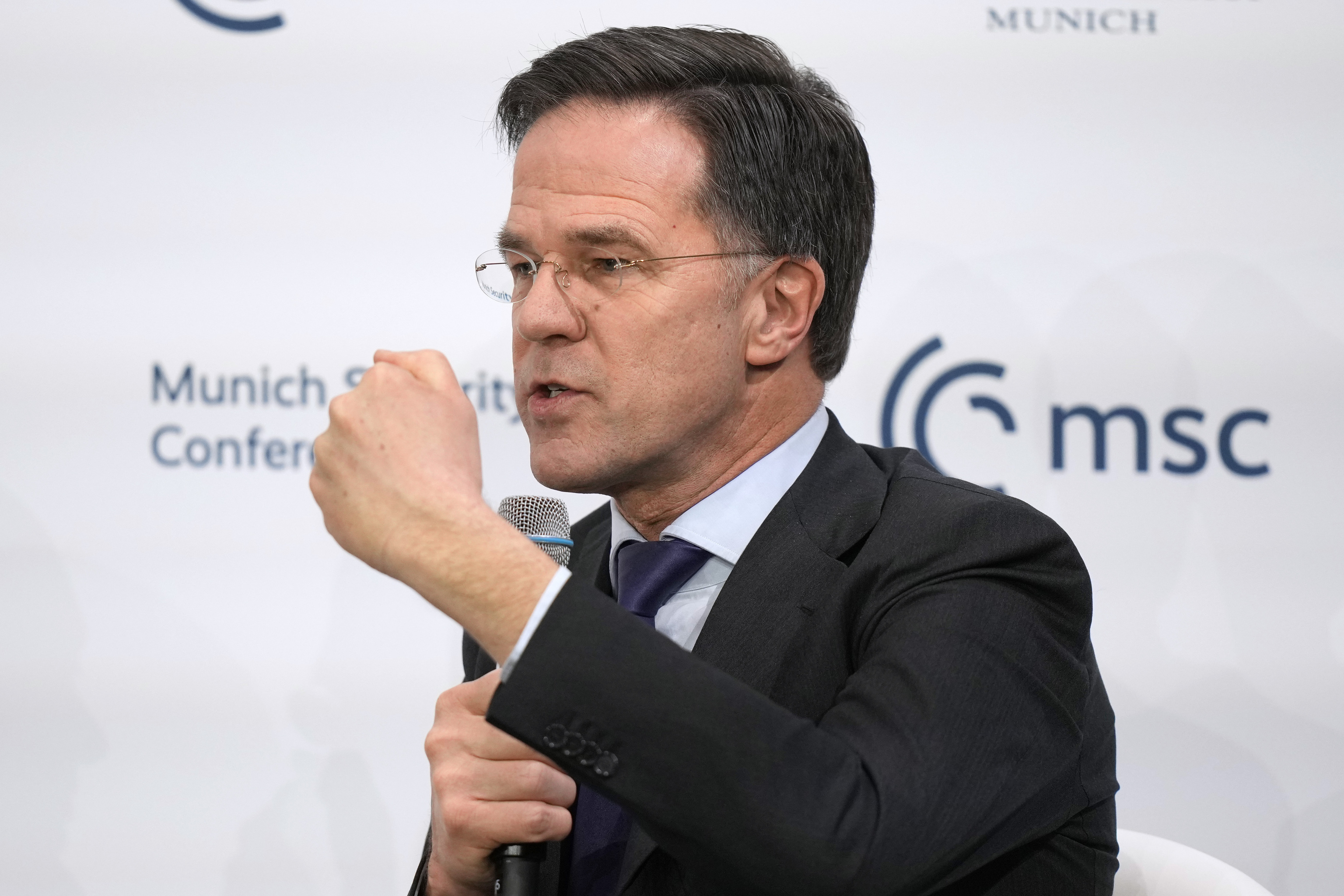The Government is immersed in a strategic board game. It contemplates its moves and where to allocate resources. All efforts were focused on not jeopardizing the legislature after the UCO uncovered an alleged corrupt scheme led by Santos Cerdán, deputy of Pedro Sánchez in the PSOE. However, a new front forces a redistribution of efforts because failing to withstand this challenge could also bring down La Moncloa. The demand from NATO, pressured by the US, to increase allies' Defense spending to 5% of GDP is another crack in the coexistence with governance partners, who flatly reject spending more. Although Spain's opposing position was known, Sánchez took a further step yesterday by sending a letter to the Alliance's Secretary General, refusing that commitment and triggering a clash.
Spain's approach implies a tough clash. "It is legitimate for each government to decide whether or not they are willing to make these sacrifices. As a sovereign Ally, we choose not to do so," is Sánchez's message, attempting to avoid the collapse. "Spain cannot commit at this Summit to a specific spending target in terms of GDP."
Sánchez convened a roundtable with Congress groups to address Defense spending. Sánchez called for a meeting with his partners after the alleged corrupt scheme in his party and government was uncovered. Two difficult moments, showing La Moncloa's weakness towards its partners. The parties supporting Sánchez have put the legislature on hold awaiting new revelations and the extent of the corruption scheme. La Moncloa is trying to gain "time" and is working to confine the corruption to the "toxic triangle of Cerdán, Ábalos, and Koldo." However, Spain may be forced in the next decade to reach that 5%, which with Spain's 2024 GDP would require an investment of 80,000 million in defense and security. It is "unreasonable" and "counterproductive."
The plan approved by the Council of Ministers in April to reach 2% of GDP this year meant an additional 10.471 million euros allocated to these policies. In 2025, a total of 33.123 million will be allocated to security and defense. This decision already caused a deep crisis with its partners, including Sumar. "As long as I remain president, this additional security effort will not come at the expense of the welfare state," committed the head of the Government. "We will not touch a cent of social spending," he reiterated insistently.
But in his letter to Rutte, he acknowledges that the 5% undermines his promise. Once again, his word will be compromised. And he begins to prepare for the aftermath. "That level of spending would be incompatible with our Welfare State," Sánchez already assumes. "Reaching a 5% spending level will be impossible unless we agree to increase taxes on the middle class, cut public services, and social benefits." A message that anticipates what may come. But he also framed it in a context: "As long as I remain president...".
Hence, with the urgent need not to give another pretext to his partners to end the legislature, the Government has decided to confront the issue. They believe there is still room to fight and that the debate is not closed. They hope that this position will encourage others to step forward and show their agreement, although the most radical position currently is the Spanish one. Sánchez proposes a Spain clause, so that our country remains exempt from that obligation and, furthermore, that threshold is "for those allies who need or wish to pursue it," making it "optional."
The staging sets up a scenario of resistance and confrontation against a proposal that Spain rejects. Our country does not have veto power, but it can show a position to Donald Trump and an argument to present to its partners: we have fought, we have battled, it is not our decision. Just as Sumar faces increases in Defense spending in the Council of Ministers, they disagree but will have to implement it according to the agreed terms, which is another key aspect: what margin can be achieved or what items can be included to reduce spending.
So far, the Government has avoided Congress to increase military spending, knowing that it would signal isolation from its partners, rejection, and dependence on the PP. They have maneuvered through credit transfers, budget modifications, agreements in the Council of Ministers, allocations from the Contingency Fund, or authorizations for spending limits from future budgets that allowed them to bypass parliamentary control. However, facing a larger expenditure, and without the ability to pass new Budgets, would require credit authorization that Congress must approve.
